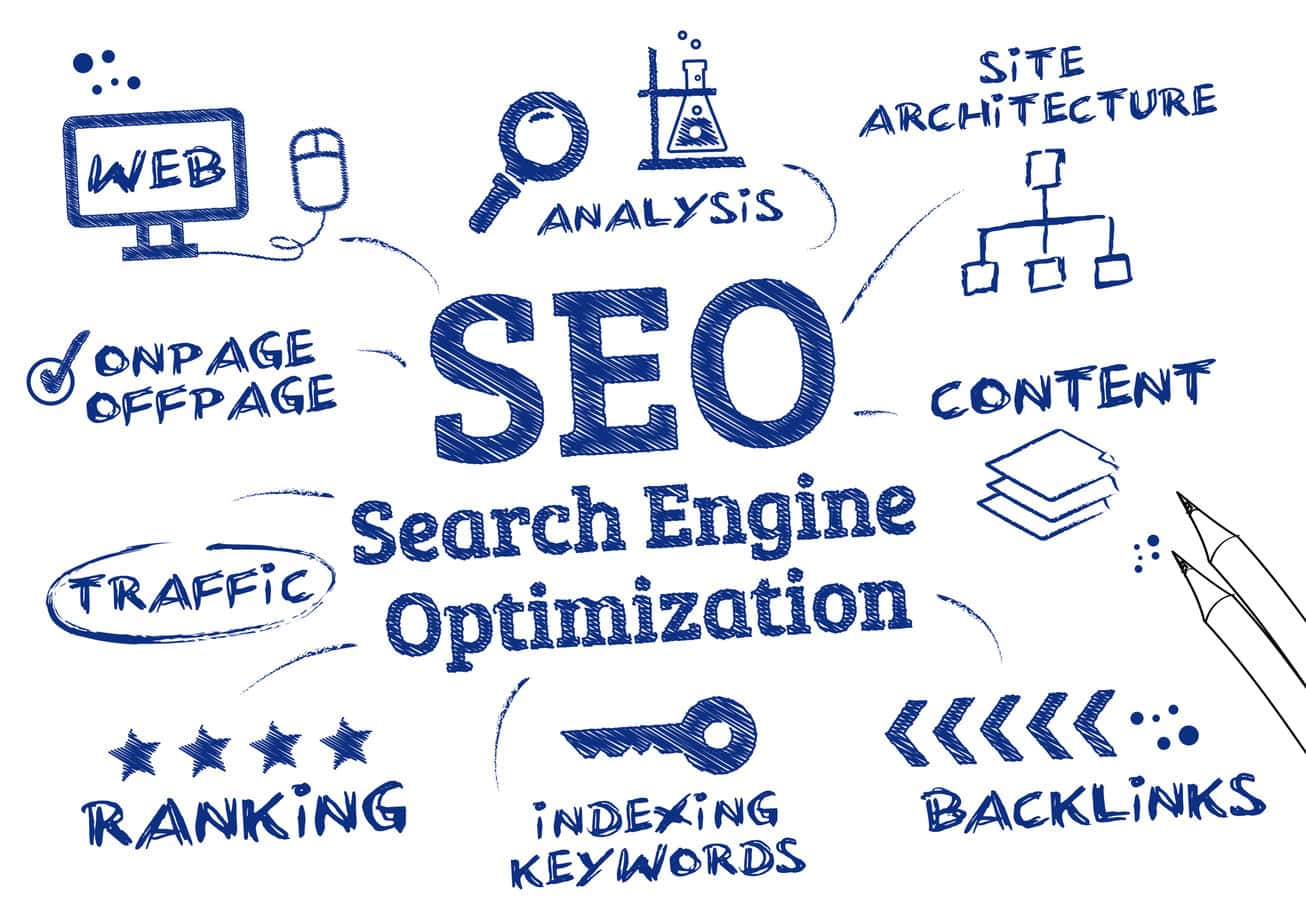What is Search Engine Optimization and Why Does Your Website Need It?
In the digital age, having a website is only the beginning of building an online presence. To truly stand out and attract the right audience, it's crucial to understand and implement Search Engine Optimization (SEO). This article delves into what SEO is, why it is essential for your website, and how it can significantly impact your online visibility and business success.

Understanding Search Engine Optimization (SEO)
Search Engine Optimization, commonly known as SEO, is the process of enhancing a website’s visibility and ranking on search engine results pages (SERPs). It involves a series of strategies and techniques aimed at improving the relevance and authority of a website to ensure it appears prominently in search results when users query related topics.
The Components of SEO
Keyword Research: This involves identifying the terms and phrases potential customers use when searching for products or services related to your business. Effective keyword research helps in optimizing website content to match these search queries.
On-Page Optimization: This includes optimizing individual web pages to rank higher and earn more relevant traffic. Key elements include meta titles, meta descriptions, headers, and the overall structure of the content.
Off-Page Optimization: This focuses on activities outside the website that can impact its ranking. It primarily involves building backlinks, which are links from other websites that point to your site, signaling to search engines that your content is valuable and authoritative.
Technical SEO: This aspect ensures that a website meets the technical requirements of modern search engines. It includes optimizing site speed, mobile-friendliness, and ensuring a clean URL structure, among other factors.
Content Creation: High-quality, relevant content is critical for engaging users and driving traffic. Content should be informative, engaging, and optimized for relevant keywords.
Why Your Website Needs SEO
Implementing SEO is not just a technical requirement but a fundamental strategy for achieving online success. Here’s why SEO is essential for your website:
1. Increased Visibility and Traffic
The primary goal of SEO is to improve your website’s ranking on search engines like Google. Higher rankings translate to increased visibility, which can lead to more organic traffic. Since most users tend to click on the top results, appearing on the first page of search results is crucial for attracting potential customers.
2. Cost-Effective Marketing
Compared to traditional advertising methods, SEO offers a cost-effective approach to marketing. While there might be initial costs involved in SEO strategy and implementation, the long-term benefits include sustained traffic without the ongoing costs associated with pay-per-click (PPC) advertising.
3. Enhanced User Experience
SEO is not just about search engines; it’s also about improving the user experience. A well-optimized website is user-friendly, loads quickly, and provides valuable content. This enhances user satisfaction and encourages visitors to spend more time on your site, reducing bounce rates.
4. Builds Credibility and Trust
Websites that rank higher on search engines are often perceived as more credible and trustworthy by users. Effective SEO practices, including high-quality content and a clean, well-structured site, help build trust with your audience, leading to higher conversion rates.
5. Competitive Advantage
In a competitive online landscape, SEO can give you an edge over your competitors. By optimizing your website and content, you can capture a larger share of search traffic compared to competitors who may not be employing effective SEO strategies.
6. Measurable Results
One of the significant advantages of SEO is that it provides measurable results. Tools like Google Analytics and other SEO tracking software allow you to monitor your website’s performance, track traffic sources, and understand user behavior. This data is invaluable for refining your strategies and achieving better results over time.
How to Implement SEO Successfully
To leverage SEO effectively, it’s important to adopt a comprehensive approach. Here are key steps to consider:
Conduct Keyword Research: Identify relevant keywords that your target audience is searching for. Tools like Google Keyword Planner and SEMrush can assist in finding high-value keywords.
Optimize On-Page Elements: Ensure that meta titles, descriptions, headers, and content are optimized for your chosen keywords. Focus on creating valuable and engaging content that meets user intent.
Build Quality Backlinks: Develop a strategy for acquiring high-quality backlinks from reputable websites. This can involve guest blogging, partnerships, and creating shareable content.
Enhance Technical Aspects: Regularly audit your website for technical issues and ensure it is mobile-friendly, fast-loading, and has a clear URL structure.
Monitor and Adjust: Continuously monitor your SEO performance and make adjustments as needed. Stay updated with the latest SEO trends and algorithm changes to maintain and improve your rankings.
Conclusion
Search Engine Optimisation is a critical component of digital marketing that can significantly impact your website’s visibility, user experience, and overall success. By understanding and implementing effective SEO strategies, you can enhance your website’s ranking on search engines, attract more organic traffic, and gain a competitive advantage. Embrace SEO as an ongoing process and stay committed to optimizing your website to achieve long-term online success.
- Industry
- Art
- Causes
- Crafts
- Dance
- Drinks
- Film
- Fitness
- Food
- Games
- Gardening
- Health
- Home
- Literature
- Music
- Networking
- Other
- Party
- Religion
- Shopping
- Sports
- Theater
- Wellness
- News


